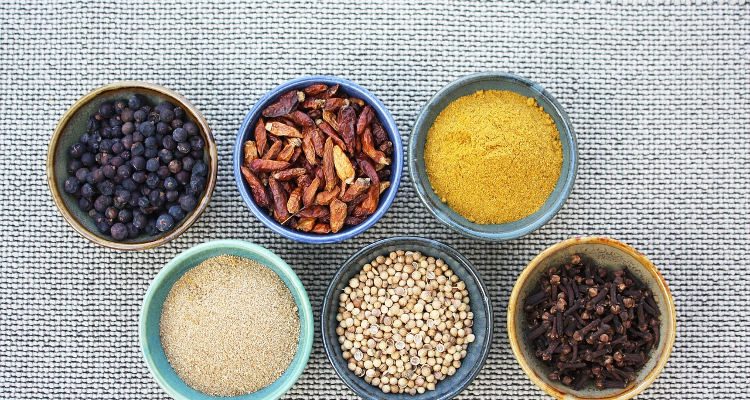
There’s literally no need to sugarcoat it—condiments aren’t the best idea for a healthy lifestyle. Would you pile on the layers, and wear your winter jacket during the summer? Just the same, it seems unnecessary to add various condiments to already healthy foods.
Craving flavor in your food is natural, but adding sodium, sugar, calories, and fat is not the best decision you could make for your health. Quite the conundrum, isn’t it? What will you put on your sandwich? What will you drizzle over your salad? Where will you dip your chip?
When you look at the ingredient list of your store-bought condiments, you’ll see that there’s a large list of genetically modified foods enlaced within every bite you take, as well as preservatives and refined sugars. It’s best to avoid condiments such as ketchup, sour cream, barbecue sauce, and mayonnaise. It’s not worth the hassle.
Not to fear. Let me tell you what is worth it. Wouldn’t it make you feel better if the flavors you tasted were natural?
What is a healthier and equally tasty condiment replacement for your meal or snack? Natural herbs and spices are good to add flavor to your meal, but how about for spreading, dipping, or dressing up your favorite foods? Here are five natural condiment suggestions that you can purchase from reliable health food stores or you can easily make them yourself. If you do buy these items from the store, make sure they are GMO-free.
1. Hummus:
Hummus has three main ingredients: chickpeas, tahini, and olive oil. This creamy spread contains plenty of omega-3 fatty acids, which help improve intelligence and maintain a healthy heart.
Sounds like a smart, heart-felt choice! Feel good about dipping your veggies into hummus, as it also has iron, vitamin B6, manganese, copper, folic acid, and amino acids. This dip is loaded with nutrients.
2. Baba ghanoush:
This Middle Eastern purée consists of three main ingredients: eggplant, sesame tahini, and lemon juice, which makes this spread rich in protein, fiber, vitamins (vitamin C, vitamin A, and the B vitamins thiamin, niacin, and riboflavin) and minerals.
Like hummus, baba ghanoush is great for vegetarians. The unsaturated fats in both dips are contributing factors to good heart health, lowering cholesterol and inflammation.
3. Nut and seed butters:
Choosing natural peanut butter is a good choice, as there are more additives (salt, sugar, and dextrose) in manufactured, poor-quality peanut butters.
A popular and healthy peanut butter alternative is almond butter, which is known for lowering blood pleasure and controlling blood sugar. It is a very heart-smart choice. It can also help control your weight, and it’s rich in antioxidants. Other nut and seed butters—including cashew butter and sunflower seed butter—are also great options. Try them on crackers or bread.
4. Natural mayo substitutes:
There are alternatives to mayonnaise that don’t contain eggs or soy and are GMO-free. An example is “Vegenaise” from Follow Your Heart that has vegan-based mayo substitutes that are gluten-free, dairy-free, soy-free, cholesterol-free, Kosher, and certified organic.
These are definitely health-conscious choices, freeing you from preservatives. Spread these mayo substitutes on your wrap or sandwich.
5. Natural salad dressings:
A combination of olive oil, balsamic vinegar, and apple cider vinegar make for an easy and nutritious addition to your greens and veggies. Tossing in natural spices, such as oregano and basil, are also great options for this dressing. For a hint of sweetness, try adding a dollop of nutrient-rich honey to this salad dressing.
Sources:
“5 Health Benefits of Hummus,” 3 Fat Chicks on a diet! web site, August 30, 2010; http://www.3fatchicks.com/5-health-benefits-of-hummus/.
“What is Vegenaise®?” wiseGeek web site, http://www.wisegeek.org/what-is-vegenaise.htm.
“5 Health Benefits of Almond Butter,” 3 Fat Chicks on a diet! web site, September 20, 2010; http://www.3fatchicks.com/5-health-benefits-of-almond-butter/.













